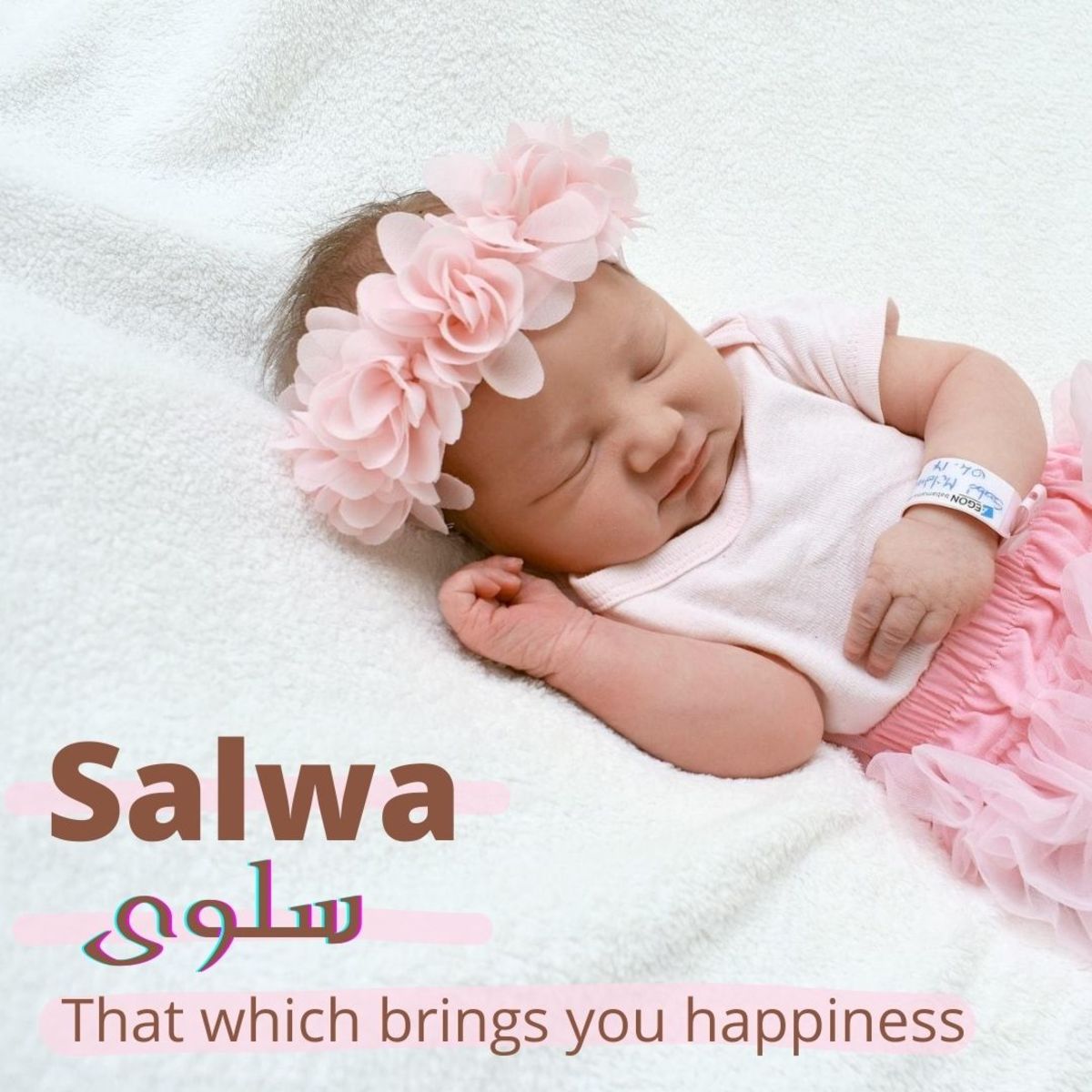

Āl is distinct from the definite article ( ال).

Some people, especially in the Arabian Peninsula, when descendant of a famous ancestor, start their last name with Āl "family, clan" ( آل), like the House of Saud ﺁل سعود Āl Ṣaʻūd or Al ash-Sheikh ("family of the sheikh"). The root, M-S-Ḥ, means "to anoint" (as in masah) and is cognate to the Hebrew Mashiah. ) / Amat al-Yasuʿ ( fem.) ("Servant of Jesus") Abd al-Masiḥ (masc.) / Amat al-Masiḥ (fem.) ("Servant of the Messiah") Derivations of Maseeḥ ("Messiah"): Masūḥun ("Most Anointed"), Amsāḥ ("More Anointed"), Mamsūḥ "Anointed" and Musayḥ "Infant Christ". For example: Émile Eddé, George Habash, Charles Helou, Camille Chamoun.Ībd al-Yasuʿ ( masc. This has been a relatively recent centuries-long convention for Christian Arabs, especially in the Levant.
Use of European names, especially French, Greek and, to a lesser extent, Spanish ones (in Morocco). Names of Greek, Armenian, and Aramaic or Neo-Aramaic origin. Arabic versions of Christian names (e.g. To an extent Arab Christians have names indistinguishable from Muslims, except some explicitly Islamic names, e.g. Its use is not exclusive to Muslims and throughout all Arab countries, the name Abdel-Massih, "Servant of Christ", is a common Christian last name.Ĭonverts to Islam may often continue using the native non-Arabic non-Islamic names that are without any polytheistic connotation, or association. Nonetheless, such names are accepted in some areas. Amah) combined with the name of Allah (God), Abdullah ( عبد الله "Worshipper of God"), or with one of the epithets of Allah.Īs a mark of deference, ʿAbd is usually not conjoined with the prophets' names. See also: List of Arabic theophoric names Arab Muslim Ī common name-form among Arab Muslims is the prefix ʿAbd ("Worshipper", fem. In ancient Arab societies, use of a laqab was common, but today is restricted to the surname, or family name, of birth. Examples include Ṣalāḥ al-Dīn, Shams al-Dīn, Nūr al-Dīn, Nāṣir al-Dawla, Niẓām al-Mulk, Sayf al-Islām. 'of the faith' or 'of the religion'), al-Dawla ('of the State'), al-Mulk ('of the Kingdom'), or al-Islām ('of Islam'). Harun is the Arabic version of the name Aaron and al-Rasheed means "the Rightly-Guided".Īnother common form of laqab are compounds ending with al-Dīn ( lit. The laqab is typically descriptive of the person.Īn example is the Abbasid caliph Harun al-Rashid (of One Thousand and One Nights fame), which uses the definite article al. alqāb ( ألقاب) can be translated to English as agnomen cognomen nickname title, honorific last name, surname, family name. However, Banu or Bani is tribal and encompasses both sexes. The plural is 'Abnā for males and Banāt for females. Today, however, ibn or bint is no longer used (unless it is the official naming style in a country, region, etc.: Adnen bin Abdallah). Several nasab names can follow in a chain to trace a person's ancestry backwards in time, as was important in the tribal society of the ancient Arabs, both for purposes of identification and for socio-political interactions. Khaldun is the father's personal name or, in this particular case, the name of a remote ancestor. Ibn Khaldun ( ابن خلدون) means "son of Khaldun". It indicates the person's heritage by the word ibn ( ابن "son of", colloquially bin) or ibnat ("daughter of", also بنت bint, abbreviated bte.). ISLAMIC MUSLIM GIRLS NAME SERIES
The nasab ( نسب) is a patronymic or series of patronymics.

In India, Pakistan, Bangladesh, Malaysia, Indonesia and the Philippines, due to its almost ubiquitous use as a first name, a person will often be referred to by their second name: Indeed, such is the popularity of the name Muhammad throughout parts of Africa, Arabia, the Middle East, South Asia and Southeast Asia, it is often represented by the abbreviation "Md.", "Mohd.", "Muhd.", or just "M.". However Arabic newspapers will occasionally place names in brackets, or quotation marks, to avoid confusion. The syntactic context will generally differentiate the name from the noun/adjective. For example, Muhammad means 'Praiseworthy' and Ali means 'Exalted' or 'High'. Most Arabic names have meaning as ordinary adjectives and nouns, and are often aspirational of character.

The ism ( اسم) is the given name, first name, or personal name e.g.
6 Arabic names and their Biblical equivalent.








 0 kommentar(er)
0 kommentar(er)
